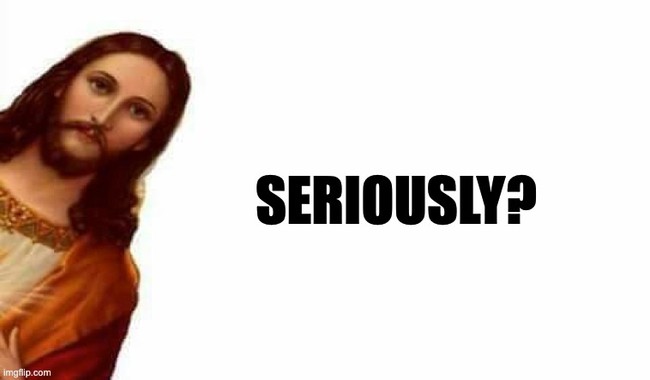The nuanced concept of separation between church and state, a cornerstone of American democracy, has once again become a focal point of intense political debate following recent comments by a prominent figure.
Senator Raphael Warnock, a clergyman himself, recently ignited controversy with statements suggesting that votes cast by citizens could be interpreted as a form of “prayers” for the future well-being of children. This metaphor immediately drew scrutiny, particularly from those who advocate for a strict interpretation of the First Amendment’s Establishment Clause.
This assertion stands in stark contrast to the frequent criticisms leveled against conservative politicians and policies often perceived as blurring the lines between religious conviction and governmental action. Historically, discussions surrounding religious influence in public policy have often centered on actions taken by Republican administrations.
For instance, the previous administration’s efforts to loosen regulations concerning religious expression within federal workplaces were met with significant opposition from watchdog groups. These groups consistently argue that any governmental endorsement or favoritism towards religion undermines the secular nature of the state.
Critics now point to the apparent disparity in reaction, questioning why similar vigilance is not applied when comments from figures on the political left seem to integrate religious language into the political process. This perceived inconsistency fuels arguments about selective outrage and partisan application of constitutional principles.
Organizations like the Freedom From Religion Foundation, which actively champion the strict separation, are typically quick to condemn any perceived breach. Their relative silence or muted response to Senator Warnock’s remarks has been noted by those who emphasize a double standard in contemporary political discourse.
The ongoing dialogue highlights the complex and often contentious relationship between faith, politics, and individual liberties in the United States. It forces a re-evaluation of what constitutes an acceptable intersection of religious belief and the democratic process, particularly in the public sphere.
Ultimately, these incidents underscore the persistent challenge of defining and upholding the principle of church-state separation in a diverse nation where religious expression remains a fundamental right, yet its entanglement with governance sparks continuous debate.






Leave a Reply